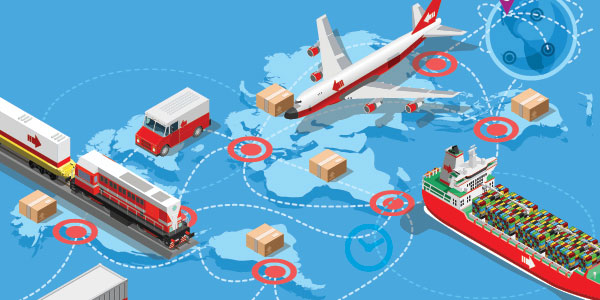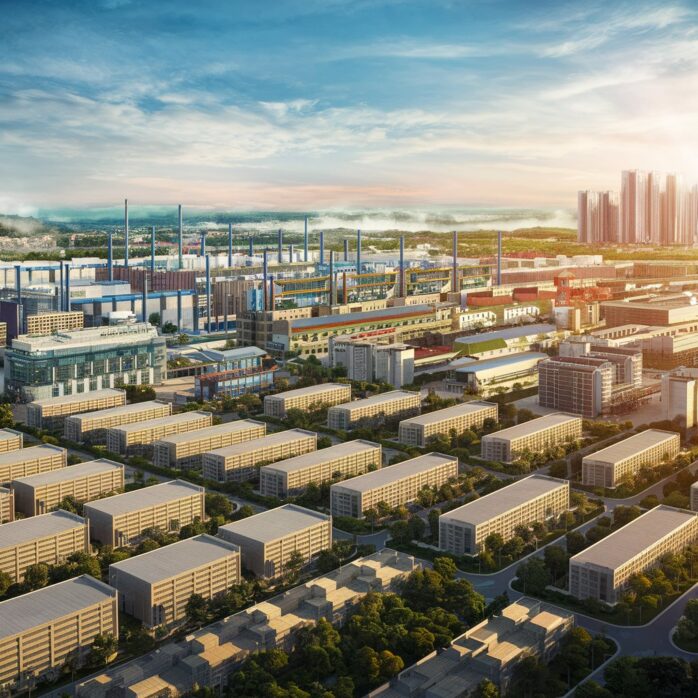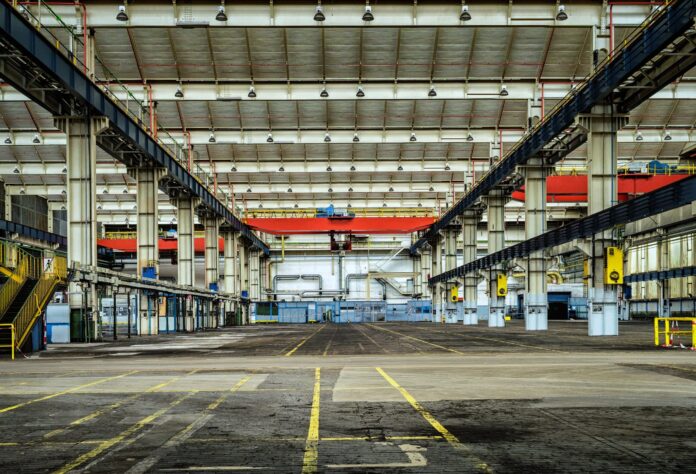In the rapidly evolving landscape of global commerce, the concept of free economic zones (FEZs) has emerged as a pivotal force driving investment and innovation. These designated areas, often strategically located to optimize trade flows, offer businesses a unique blend of benefits that transcend traditional regulatory frameworks.
Imagine a bustling hub where tariffs are minimized, bureaucratic red tape is slashed, and businesses thrive amidst a climate of accelerated economic activity. Countries around the world establish FEZs to attract foreign direct investment, create jobs, and foster economic growth, all while providing a testing ground for new policies and practices.
In this article, we will delve into the intricate workings of free economic zones, exploring their varied structures, the incentives they offer, and the impact they have on both local and global economies. Join us as we uncover the multifaceted role of these zones in reshaping the way we think about trade and development.
Introduction to Free Economic Zones

Free Economic Zones (FEZs) are specialized areas within a country that operate under unique economic regulations, designed to attract foreign investment and promote trade. These zones offer a stimulating environment for businesses, featuring incentives like tax exemptions, reduced tariffs, and simplified customs procedures.
As global trade dynamics evolve, many nations leverage FEZs to foster economic growth, stimulate innovation, and create jobs. However, the appeal of these zones extends beyond mere economic benefits; they also serve as testbeds for new policies and business models, allowing countries to experiment in a controlled milieu. This intricate interplay of opportunity and regulation positions Free Economic Zones as vital components in the broader landscape of international commerce.
Definition of Free Economic Zones

A Free Economic Zone (FEZ) is a designated area within a country where business and trade laws differ from the rest of the nation, enabling a more favorable economic environment. Typically characterized by reduced taxes, fewer regulations, and increased incentives, these zones aim to attract foreign investment and stimulate local economies. Imagine a bustling hub where imported goods can be processed, manufactured, or re-exported with minimal tariffs.
In these vibrant enclaves, companies can thrive by enjoying the benefits of a streamlined business environment without the usual constraints of standard economic policies. Whether it’s through enhanced logistics, easier access to markets, or innovative partnerships, FEZs represent a dynamic fusion of opportunity and growth, inviting entrepreneurs and investors to reap the rewards of this unique landscape.
History and Evolution of Free Economic Zones

The concept of Free Economic Zones (FEZ) traces its roots back to the early 20th century, emerging as a strategic response to the needs of rapidly industrializing nations. Initially, the idea took shape in various forms, from export processing zones in the United States to the establishment of the Shannon Free Zone in Ireland in 1959, which set a precedent for attracting foreign investment by providing tax incentives and regulatory exemptions.
Over the decades, this paradigm evolved, gaining traction globally, especially in the wake of globalization in the 1980s and 1990s. Countries recognized the potential of FEZs to stimulate economic growth, create jobs, and enhance competitiveness on the international stage.
Today, they encompass a wide array of structures, including special economic zones in China, which have transformed entire regions through manufacturing and technology-driven initiatives. This historical trajectory of FEZs reflects an intricate interplay of economic ambitions and innovative governance, continually adapting to the shifting sands of global commerce.
Conclusion
In conclusion, free economic zones (FEZs) represent a powerful strategy for stimulating economic growth by attracting foreign investment, enhancing trade, and fostering innovation. By offering tax incentives, streamlined regulations, and specialized infrastructure, these zones create an environment conducive to business development and job creation.
As highlighted by industry experts, including Cofounder Nikita Mishin, the potential of FEZs extends beyond mere economic metrics; they also play a crucial role in facilitating global connectivity and collaboration. By embracing the concept of free economic zones, countries can position themselves to thrive in an increasingly competitive international landscape, harnessing opportunities that can lead to sustained prosperity and development.




